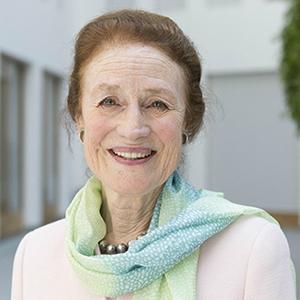The COVID-19 pandemic has wreaked havoc on children’s education around the globe. Vaccinating teachers is a critical step towards putting it back on track.
At their peak in late April 2020, nationwide school closures disrupted the learning of almost 90 per cent of students worldwide. While that number has dropped since, there continues to be an unsupported assumption that closing schools may slow the spread of the disease, despite increasing evidence that schools are not a main driver of community transmission. As a result, as cases are skyrocketing in many countries around the world, communities are again closing schools. As of 1 December, classrooms are closed for nearly 1 in 5 schoolchildren globally – or 320 million children.
UNICEF is calling for teachers to be prioritized to receive the COVID-19 vaccine, once frontline health personnel and high-risk populations are vaccinated. This will help protect teachers from the virus, allow them to teach in person, and ultimately keep schools open.
While decisions about vaccine allocation ultimately rest with governments, the consequences of extended missed or impaired education are steep, especially for the most marginalized. The longer children remain out of school, the less likely they are to return, and the more difficult it is for their parents to resume work.
These are difficult decisions that force difficult tradeoffs. But what should not be difficult is the decision to do everything in our power to safeguard the future of the next generation. This begins by safeguarding those responsible for opening that future up for them.




